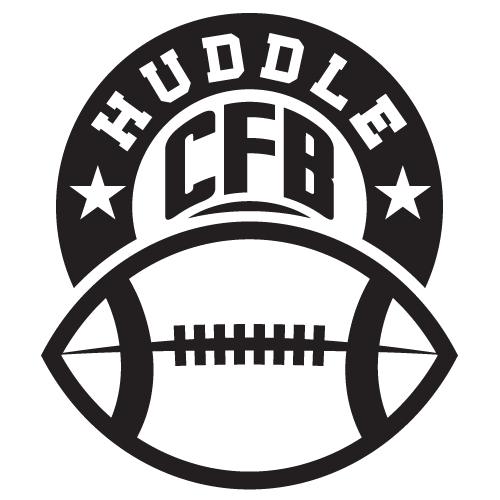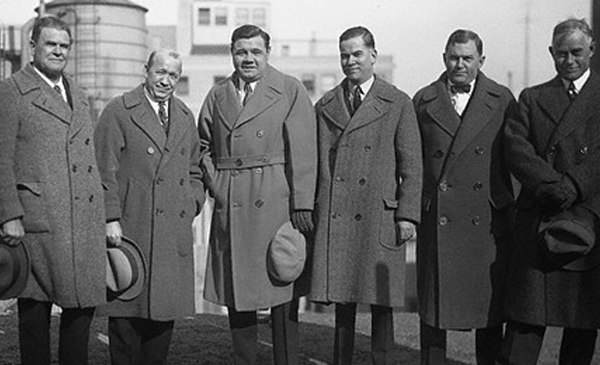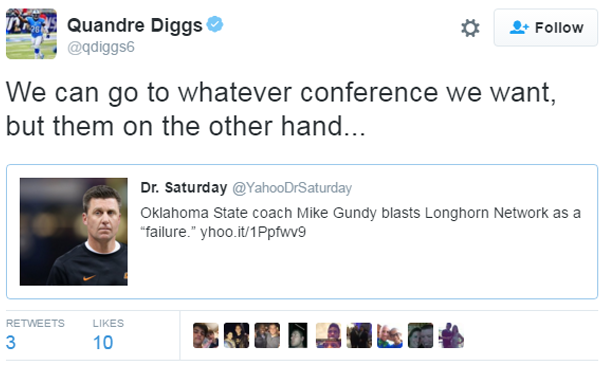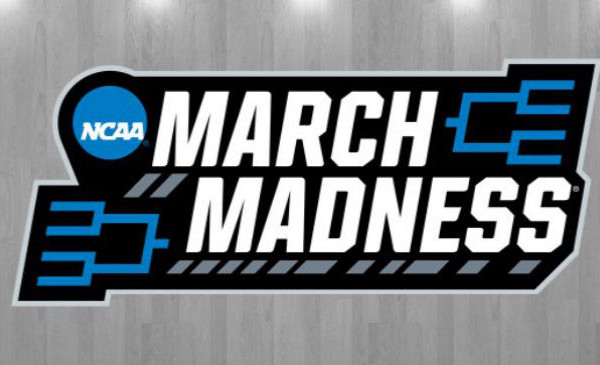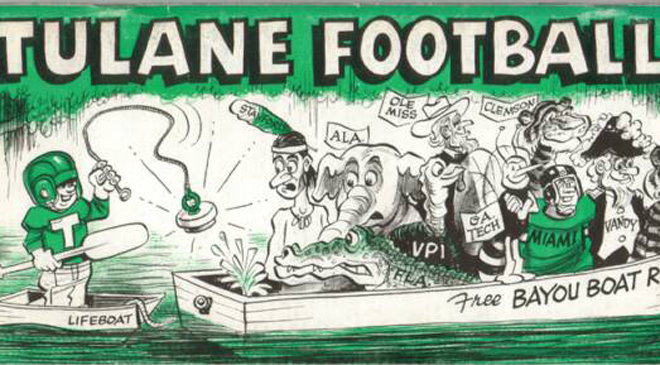Of the SEC’s 14 current universities, 10 were charter members in 1932. Alabama, Auburn, Florida, Georgia, Kentucky, LSU, Ole Miss, Mississippi State, Tennessee and Vanderbilt had help launching the Southeastern Conference from Georgia Tech, Sewanee: The University of the South and Tulane.
Tulane was the last of the charter members to leave the SEC, parting in 1965 with intention to “broaden its football schedule making pattern,” as the Associated Press reported. A half-century later, some SEC coaches have the same mindset, albeit for much different reasons — and they aren’t leaving the SEC in order to pursue said scheduling.
University president Dr. Herbert E. Longenecker said in 1966 that Tulane’s renowned academic profile attracted students from around the country, and the football schedule needed to reflect that. Essentially, leaving the Southeast and barnstorming as an independent was to raise the profile of Tulane University, and Tulane football.
The Green Wave’s immediate schedule was indeed impressive, featuring Virginia Tech, Miami, Notre Dame, Stanford and a smattering of former SEC in 1970. Continued dates with SEC members was part of Tulane’s plan, making it a precursor to Notre Dame’s current partnership with ACC football.
But, it didn’t last. Rather than become a Southern Notre Dame, Tulane football transformed into a product more comparable to Rice: a great academic institution with
The Green Wave have had flashes of success in the 50 years since leaving the SEC, most notably running the table in 1998. With quarterback Shaun King running show, Tulane’s perfect campaign helped launch the coaching profile of Rich Rodriguez.
The Green Wave have played in just two bowls since then, however, and their only action against the SEC in the last six years was a home-and-home series with Ole Miss, though the Green Wave did play both LSU and Mississippi State in 2007, and LSU and Alabama in 2008. They’re not exactly frozen out, though they have a closer football relationship now with fellow SEC refugee Georgia Tech than any of the conference’s current members, completing the second-half of a home-and-home with the Yellow Jackets in Week 2 of the coming season.
Georgia Tech left the SEC two years before Tulane, and not with the amicable attitude Longenecker exhibited upon announcing Tulane’s departure. The bitter feud between Georgia Tech coaching legend Bobby Dodd and Alabama legend Bear Bryant came to a head over an issue that remains a source of controversy in the SEC today: oversigning.
Now, the nature of oversigning and particulars as they pertain to Bobby Dodd and Bear Bryant are much different than the modern definition of oversigning. Georgia Tech Alumni Magazine has a fascinating and detailed breakdown of the fight Dodd waged against SEC programs signing scores of players and revoking scholarships from under-performing athletes, which eventually prompted Tech’s exit from the SEC.
Georgia Tech didn’t suffer the decline Tulane endured after leaving the SEC, obviously. The Yellow Jackets have as many national championships as members of the Atlantic Coast Conference as they won in the SEC, matching their 1952 crown with one in 1990. Georgia Tech also has some bragging rights, ended its 2014 campaign with two wins over SEC opponents in its final three games, beating rival Georgia before dismantling Mississippi State in the Orange Bowl.
Head coach Paul Johnson quipped about silencing national plaudits for the SEC in his Orange Bowl postgame interview. Bobby Dodd would be proud.
Sewanee: The University of the South left the SEC less than a decade after helping found the conference — and before ever winning an SEC game. The school’s athletic program has been non-scholarship ever since, now participating in Div. III. The Tigers finished just 2-8 in 2014 and 1-5 in the Southern Athletic Association.
The most ardent SEC supporters dismiss teams’ accomplishments on the basis that they’d struggle in the SEC. In the case of Sewanee, it’s indisputably true.
However, Sewanee does hold a place in top-level college football history: In 1899, the Tigers went 12-0 and allowed just 10 points all season, all 10 of which came in an 11-10 victory over Auburn with head coach John Heisman. Heisman later went to Georgia Tech and led the Wreck to their first national championship in 1917.
Sewanee’s brush with gridiron greatness and subsequent de-emphasizing of football makes it the University of Chicago to the SEC’s Big Ten.
Tulane’s place in SEC history is certainly richer than Sewanee’s, though arguably its greatest impact wasn’t made on the football field. Tulane allowed the first black athlete in SEC history to participate, baseball player Stephen Martin, who debuted in 1965. Outgoing SEC commissioner Mike Slive called Martin, “a permanent fixture in the history of the conference,” per NOLA.com, and Martin’s legacy was recognized at last month’s SEC baseball tournament.
Sewanee was destined for a move away from big-time athletics, but it’s fascinating to speculate how Tulane and Georgia Tech’s football history would differ had they remained in the SEC. Would Tulane have become the SEC’s version of Stanford, competing for and winning conference titles, or would the Green Wave be the West division’s counter to Vanderbilt as a university that boosts the conference’s academic profile and win columns.
Tech has certainly thrived in another power conference, but might it attract more highly touted prospects as a member of the SEC? A popular argument, with Texas A&M as the cornerstone, is that carrying SEC designation attracts a higher caliber of player. I tend to believe Kevin Sumlin would be recruiting just fine were the Aggies still Big 12 members, but it’s all hypothetical.
